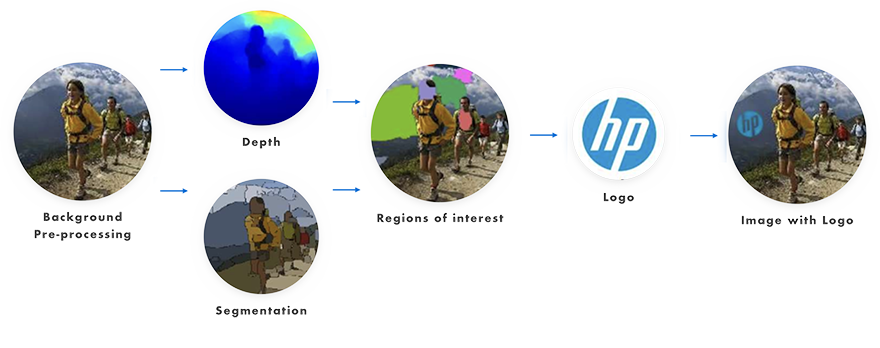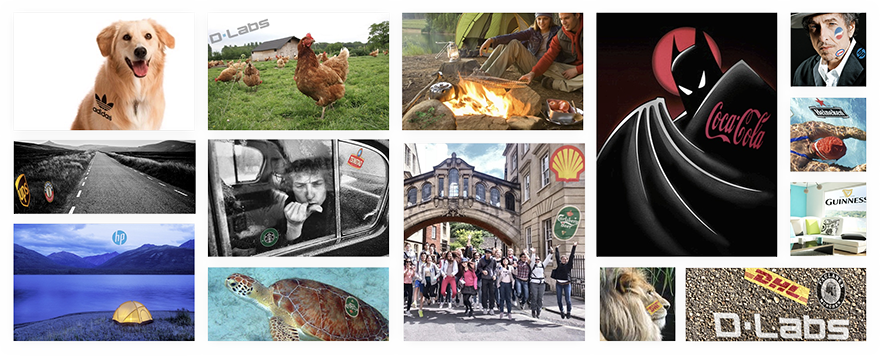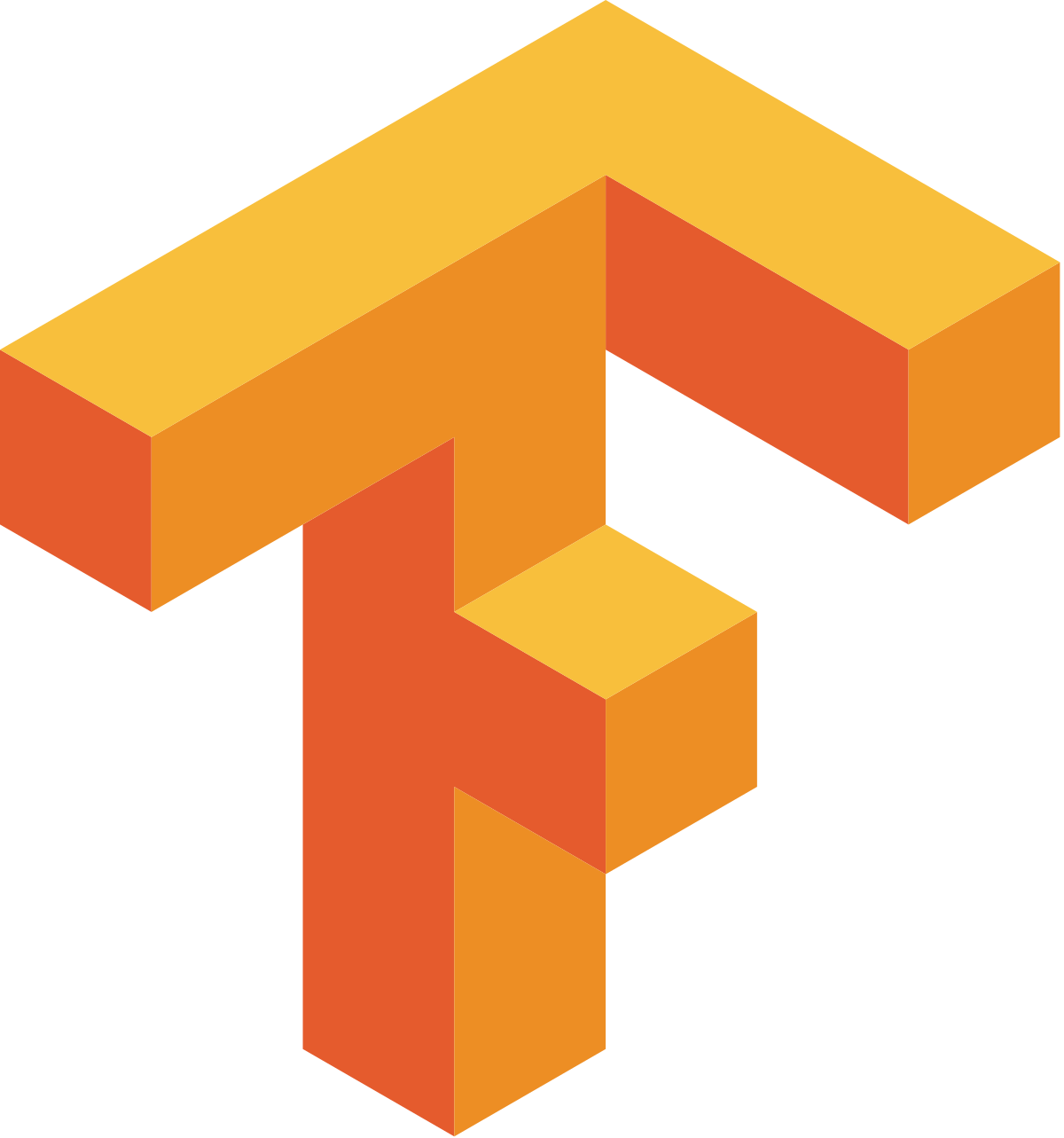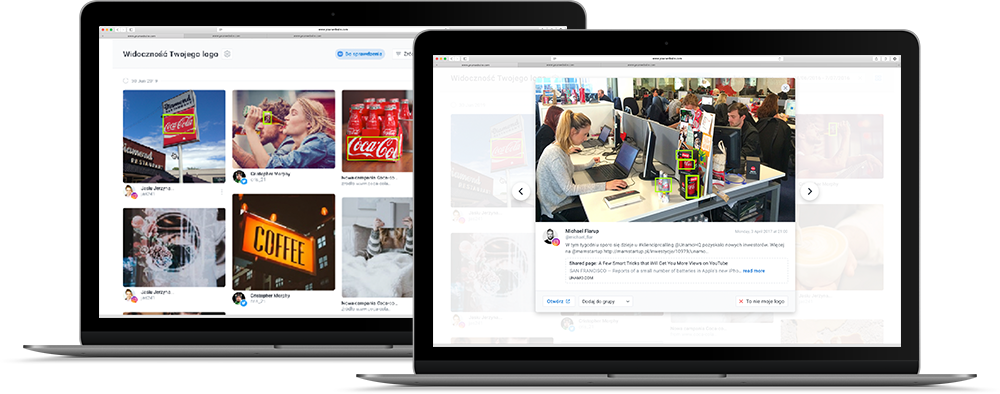Client
UnamoX helps clients optimize activity across social media.
The SaaS business improves SEO and social media performance via a dedicated analytics suite that monitors user activity across Facebook, Instagram, YouTube, and Twitter.
Brand logo recognition for real-time social media monitoring
UnamoX
General info
Client
UnamoX helps clients optimize activity across social media.
The SaaS business improves SEO and social media performance via a dedicated analytics suite that monitors user activity across Facebook, Instagram, YouTube, and Twitter.
Project
UnamoX contacted DLabs.AI looking to extend the paid feature set of its social media monitoring tool.
DLabs created an algorithm that recognizes brand logos in any online image so that UnamoX clients can monitor brand reach and engagement and then contact the right influencers. The system works with 60% accuracy, making it the most effective algorithm of its type.
About the project
Problem
Brands have no way of knowing when their logo appears in images online. Worse, few brands own enough data to train an algorithm to recognize their logo, making building an automated logo detection solution overly expensive.
Solution
An algorithm that can detect a logo in an image (while becoming increasingly accurate as it analyzes more data). And a tool that generates synthetic data to train the algorithm in the first instance.
Results
Together, the synthetic data generator and the logo detection algorithm have become the most accurate logo detection tool on the market today.
Project duration
6 months
What did we do?
See how we prepared data to train neural networks.

See the results
Synthetic data for different logos

Technologies used








The path to success
Step 1: Generate synthetic data
Develop a tool that could use a logo image to create a synthetic dataset
Use the tool to segment images, perform depth-testing, and carry out surface estimation
Use the tool to apply the logos with the correct size and perspective, placing them in the appropriate segment of the image
Generate tens-of-thousands of images to train the algorithm
Step 2: Train the algorithm
Use deep learning and an array of other technologies to design and train the final algorithm
The new tool learned to detect logos thanks to the synthetic dataset
Step 3: Build a verification tool
The end-user required a verification tool to validate when the algorithm correctly identified a logo
The algorithm uses this second, more precise data set to improve the accuracy of its original logo detection
See it in action

CLIENTS OPINION
They exhibit great knowledge about machine learning.
Schedule a call with a Dlabs.AI expert and see what we can do for you.
AI SOLUTIONS WE’RE PROUD OF
See other AI projects that have helped our clients achieve their business goals.